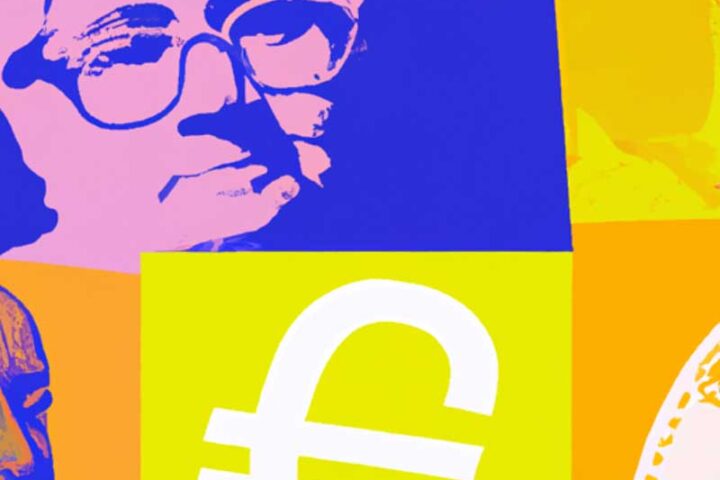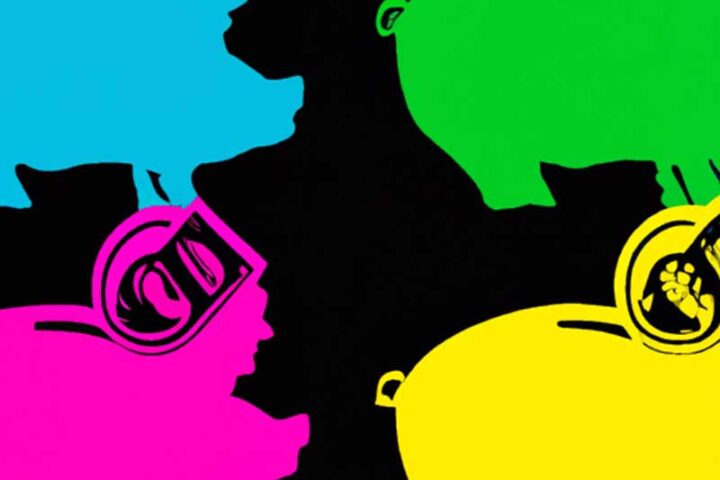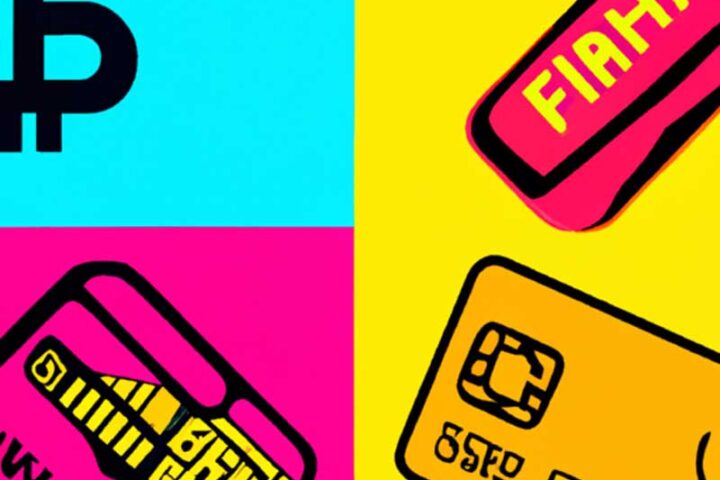TLDR:
- Using overdrafts can lead to financial hardships for consumers
- Consumers living paycheck to paycheck are six times more likely to attempt a transaction without sufficient funds
In challenging economic times, accessing credit is vital for many individuals, particularly those living paycheck to paycheck. One form of credit that consumers often rely on is overdrafts, which serve as a safety net for individuals facing unexpected financial hiccups or temporary cash shortages. However, using overdrafts comes at a cost. A recent survey found that consumers living paycheck to paycheck were six times more likely to have attempted a transaction without sufficient funds in the past year, with more than two-thirds of those transactions resulting in an overdraft fee being paid.
The survey also revealed that overdrafts often resulted in additional fees for consumers. High-income consumers and Generation X consumers paid overdraft fees at a higher rate than other consumer groups. On average, high-income consumers paid $30.90 in fees, while low-income consumers paid $25.50. These fees can add to the financial burden of low-income consumers, who are already in vulnerable financial situations. The survey found that consumers who struggled to cover charges to their accounts experienced further financial hardships. Two-thirds of overdrafts led to broader credit accessibility issues, such as damaged credit scores or the inability to pay accumulated fees.
Furthermore, the survey data indicated that consumers who frequently used overdrafts or had higher dollar amounts charged were more likely to experience financial hardships. For example, 98% of consumers with more than one overdraft each month reported some form of hardship, compared to 79% of those who had an overdraft only once or twice a year. Among individuals who used overdrafts for transactions exceeding $400, 94% encountered difficulties, such as challenges in obtaining credit or difficulties in meeting bill payments.
While overdrafts offer a lifeline of financial flexibility during crunch times, the fees and interest associated with overdrafts can lead to increased financial stress and, in some cases, compound the hardships consumers are already facing. This underscores a critical need for comprehensive financial education, empowering consumers with the knowledge needed to make informed decisions about their finances, including understanding the implications of using overdraft facilities.








